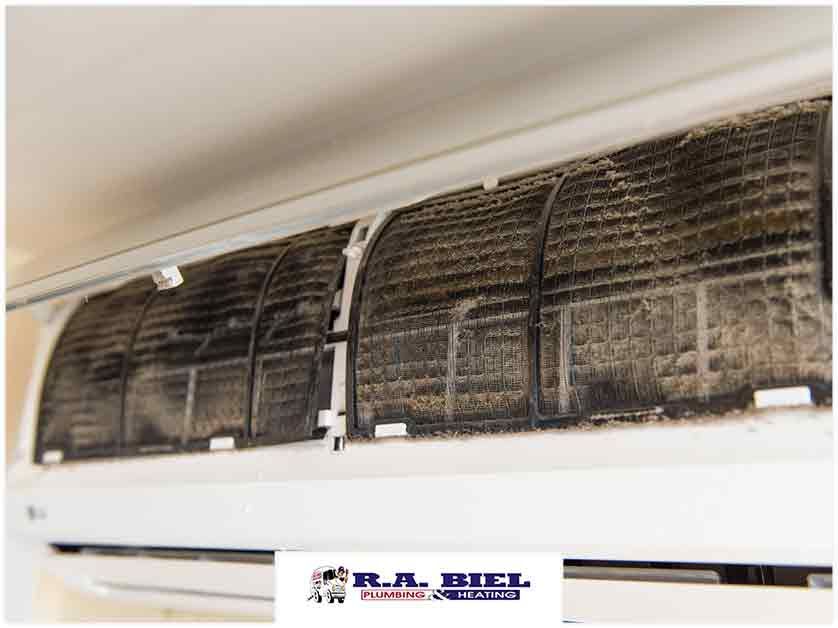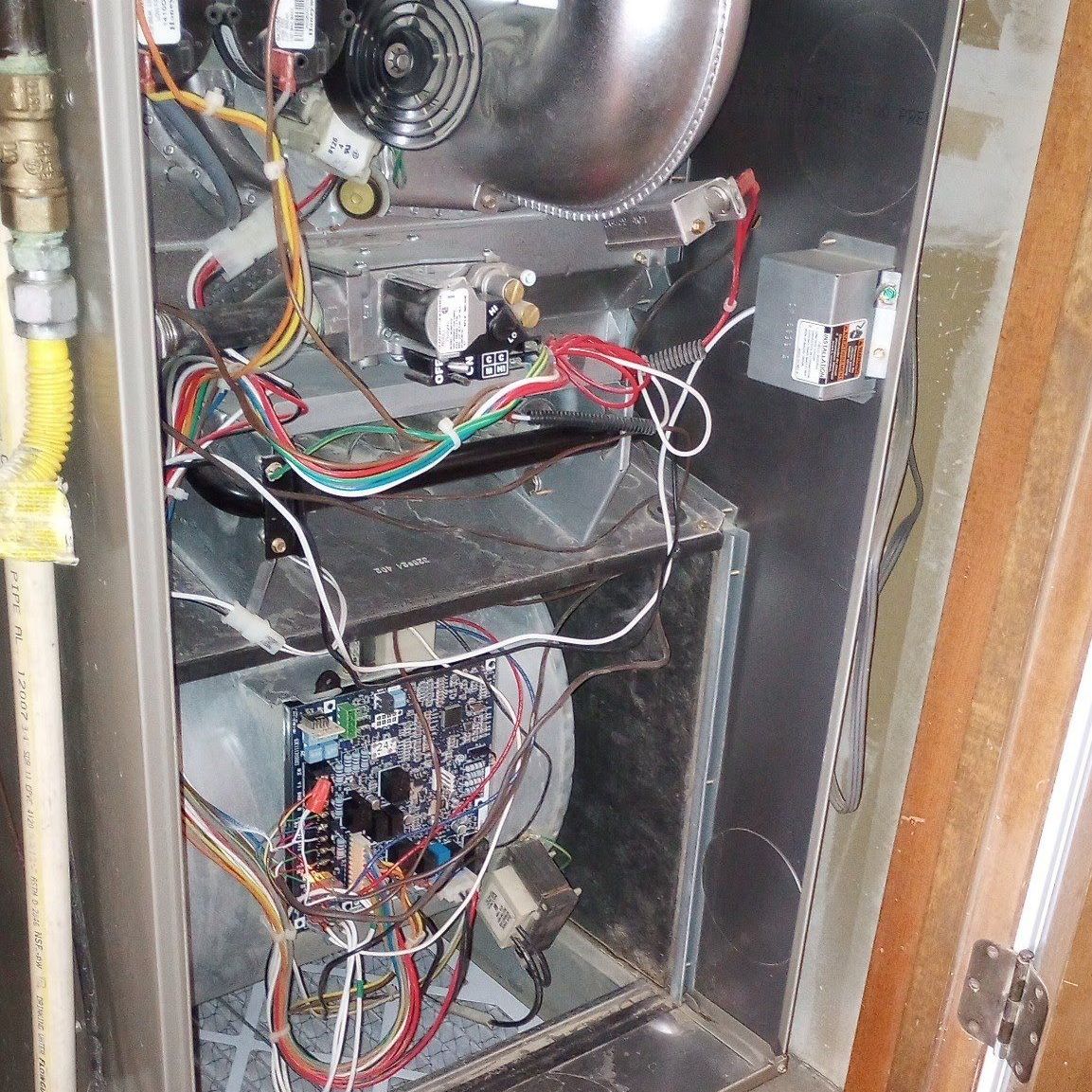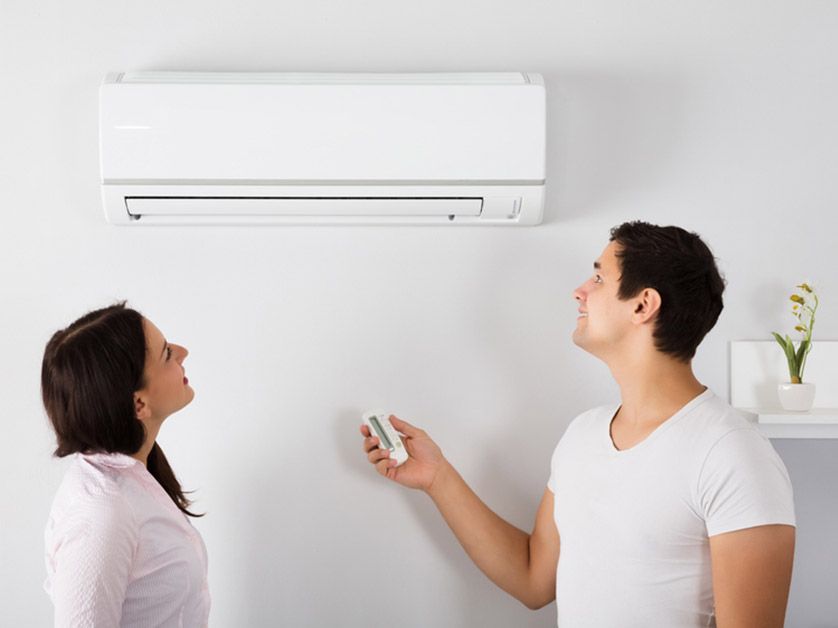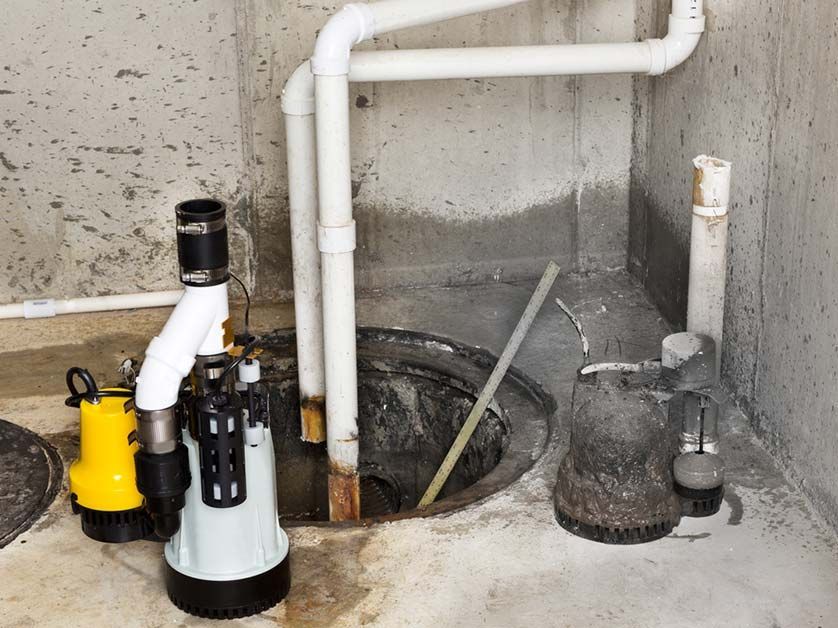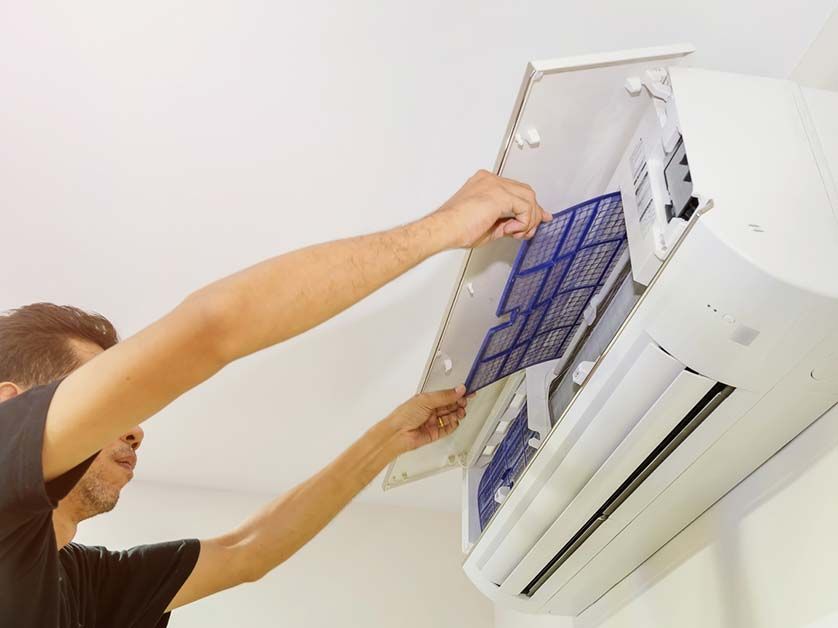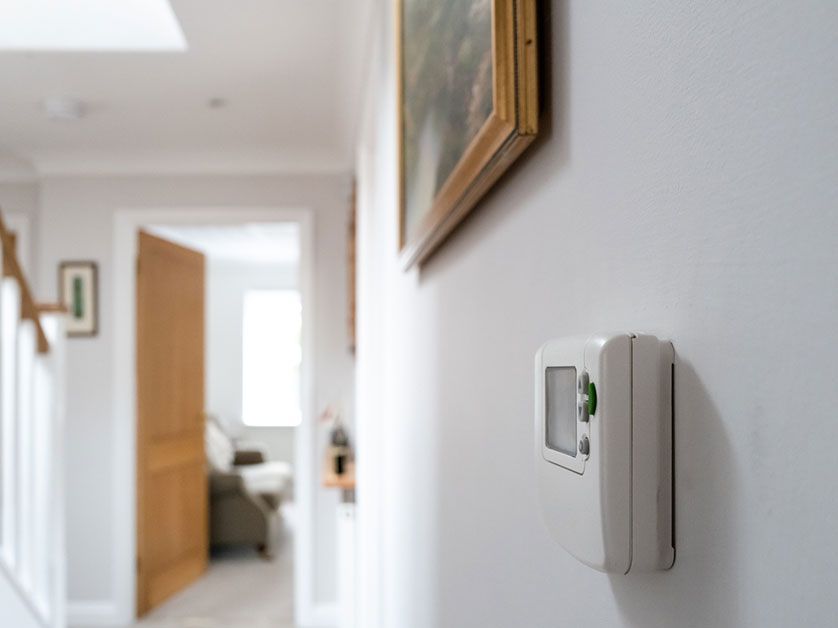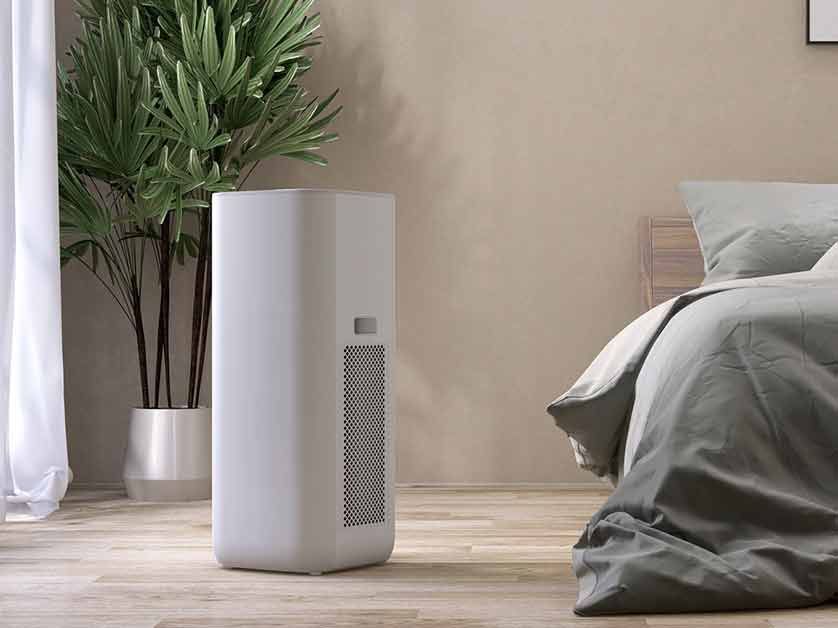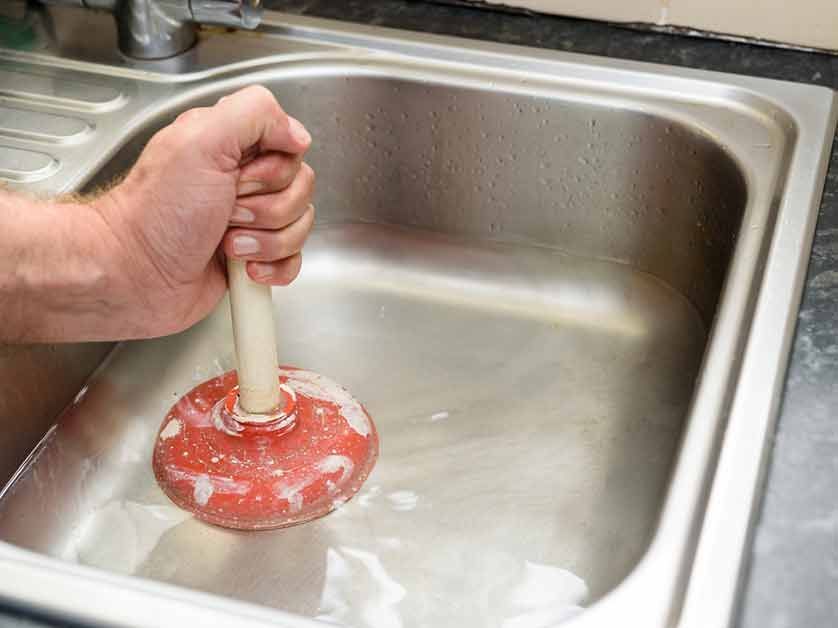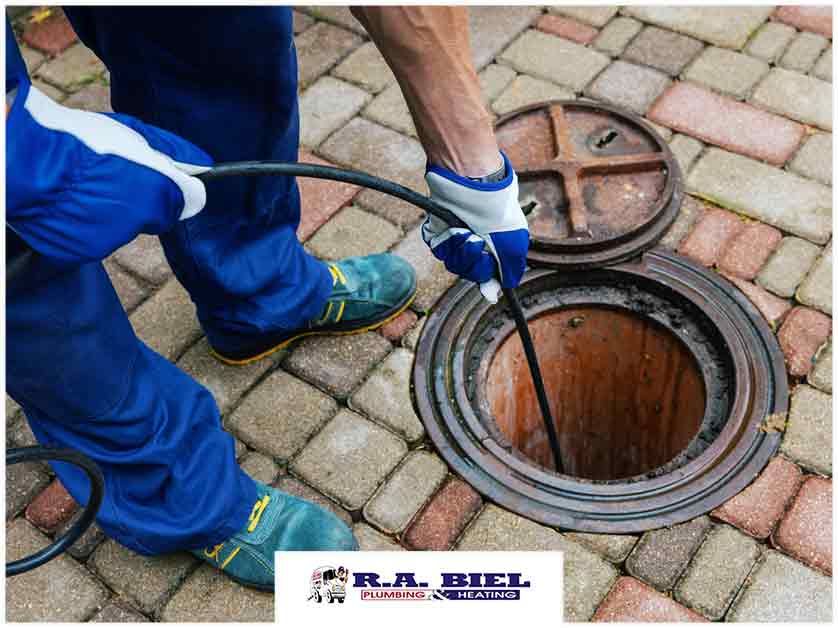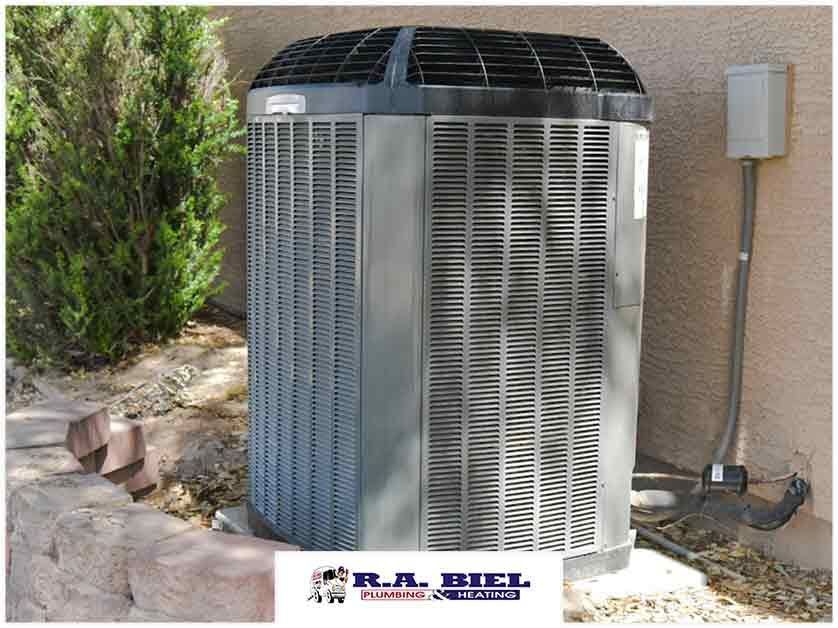Why Is Your Tap Water Cloudy?
As a homeowner, it’s your responsibility to ensure that your tap water is safe and clean. It’s best to monitor the temperature, color and taste of the water coming from your faucet every day. This way, you’ll notice immediately if there’s something wrong with it. If your tap water is cloudy, is it still safe to use? In this article, HVAC repair expert R.A. Biel Plumbing and Heating shares what makes tap water cloudy and what you can do about it.
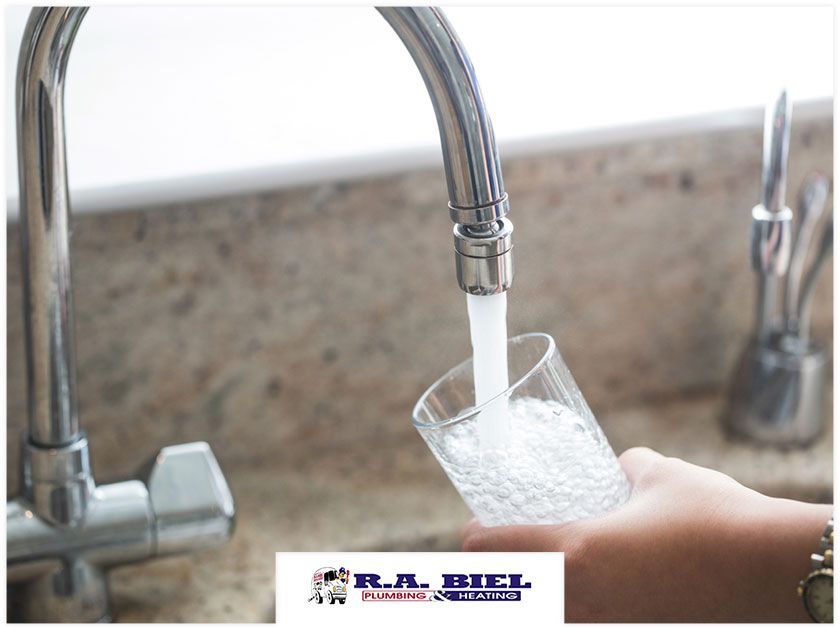
At some point, you’ve probably turned on your faucet and been surprised by the cloudy water coming from it. The white, almost milky tap water is usually harmless, however, if it’s a recurring situation, you need to identify the root cause. To help ease your worries about the cleanliness and safety of your tap water, we walk through some of the possible causes of cloudy water in this post.
Cloudy Tap Water
Cloudy water from your faucet is typically caused by too much air in the water. If the water stays cloudy even after some time has passed, it’s important to figure out the underlying cause. There are several likely reasons why your tap water is cloudy, depending on where it’s from and how it’s supplied to your home. You may want to ask your HVAC maintenance contractor to check your plumbing.
The cold water from faucets in your house will appear cloudy if it’s coming from a pressurized municipal system. An issue with a faucet or aerator is also often the cause of cloudy water. If your hot tap water is cloudy, this can be an indication that your heater is malfunctioning.
Common Causes of Cloudy Water
Air bubbles. To check if your tap water is cloudy due to air bubbles, fill up a glass of tap water and set it aside. Observe the water: the cloudiness is caused by air bubbles, the water will clear up after a few minutes. Usually, air bubbles are caused by trapped air in your plumbing system or an increase in your system’s water pressure. While air bubbles are harmless, they can be bothersome. An air elimination valve may be one of the possible solutions recommended by your trusted HVAC maintenance contractor.
Hard water. Water that contains dissolved minerals (mostly calcium and magnesium) is considered hard water. If your tap water is hard, the cloudiness won’t clear up, even after some time has passed. Another sign of hard water is dried-on white spots on glass dishes. Hard tap water can also affect your laundry and appliances.
To help you with hard water, an osmosis system can be installed in your home by a plumber. This will remove the extra minerals in your water to make your water less cloudy. A reverse osmosis system also eliminates contaminants and bacteria that are likely to find their way into your water. Leave it to the professionals to maintain your reverse osmosis filtration system as well as provide air duct cleaning.
High “TSS” concentration. TSS refers to total suspended solids, or all the tiny particles in water that remain suspended and don’t sink. If there’s been a recent construction or drilling activity in your home, this can result in extreme levels of TSS in your water. Earthquakes or major ground disturbances near your water supply can also cause TSS.
The Environmental Protection Agency (EPA) doesn’t provide a standard for determining TSS in drinking water, but unusual cloudiness due to TSS can cause bacteria growth. You can easily clear up light water cloudiness by getting a standard water filter. For less severe cloudiness, use a standard cartridge or bag water filter. You can use multi-level water filtration if the cloudiness is greater. To find the most suitable filter for your home, consult your HVAC repair contractor.
Methane gas. Methane gas is often found in well water. The gas is colorless, tasteless and odorless. It’s usually hard to detect methane in your water without testing it. It can also be a cause of cloudy water, whether it’s from your faucet or a private well. According to the U.S. Department of the Interior, methane levels in drinking water should be below 10 mg/L . This is the level that’s considered safe. When it’s between 10 mg/L and 28 mg/L, it should be closely monitored. The level of methane in your water that requires immediate action is over 28 mg/L.
If you suspect that your water contains methane gas, your HVAC repair contractor will advise you to have a professional test your water to determine the exact methane level of methane.
Hot Water Can be Cloudy
As we all know, water is made up of the gases hydrogen and oxygen. A property of this substance is that it expands when frozen into ice or heated into steam. That’s why water from a hot faucet is often cloudy. Water also bonds easily with minerals and other gases. When water is heated it can look cloudy because the heated water molecules expand and trap other gases that look like tiny air bubbles. As the cloudy water flows from your tap, the pressure is reduced, and the air bubbles quickly rise to the surface.
Is Cloudy Tap Water Safe to Drink?
Most of the reasons why your tap water is cloudy are harmless. White, cloudy water caused by air bubbles won’t affect your health; however, there’s a chance that there are high levels of methane gas in your tap water when it’s cloudy. As such, it’s best to first consult a professional before using or drinking cloudy water, especially if it’s brown, yellow or green. Any colors other than white can be harmful, not just to your body but also your home’s pipes and plumbing system.
R.A. Biel Plumbing and Heating isn’t just only a plumbing expert:, we also offer professional air duct cleaning services for your home. We’re your expert residential heating, air conditioning and plumbing contractor. Call us at (505) 327-7755 or fill out our contact form to book an appointment.
The post Why Is Your Tap Water Cloudy? appeared first on R.A. Biel Plumbing & Heating, Inc..
Our Recent Articles
